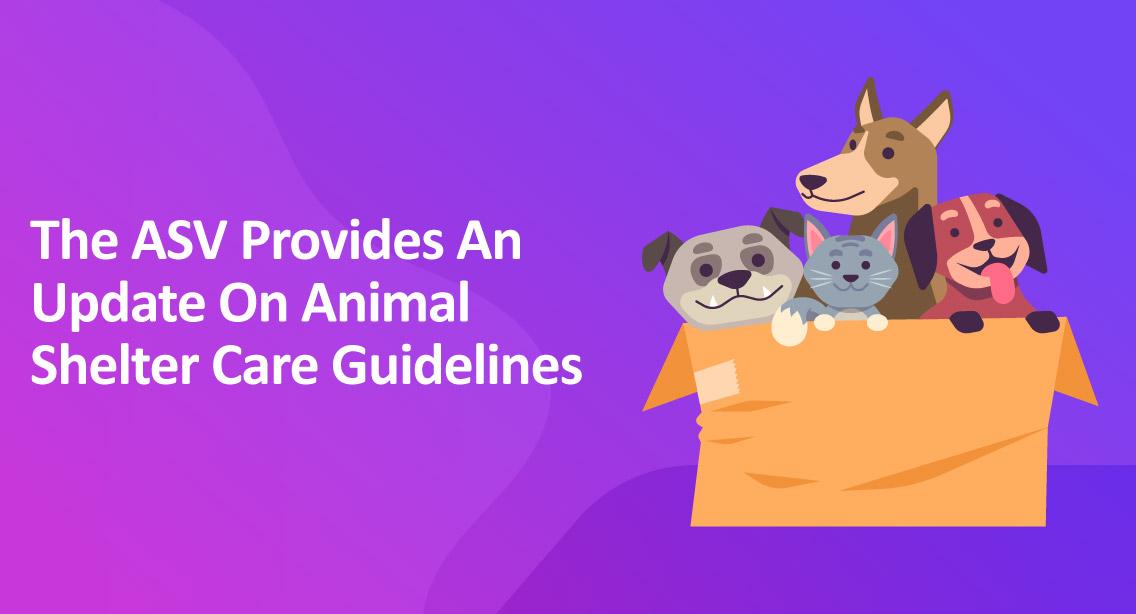The ASV Provides An Update On Animal Shelter Care Guidelines
The Association of Shelter Veterinarians (ASV) released an updated version of its Guidelines for Standards of Care in Animal Shelters on January 17th, during the Veterinary Meeting & Expo in Orlando, Florida.
In 2010, the ASV released the first edition of the guidelines to provide evidence-based support to those caring for animals in shelters, rescues, foster homes, sanctuaries, and other settings. The guidelines are intended as a benchmark for organizational self-evaluation and improvement, a framework for shelter consultations, and a foundation for shelter regulation.
The ASV guidelines' second edition is the result of a nearly three-year effort to ensure that the document reflects the diversity and breadth of tasks that shelter professionals face daily. These updated guidelines include new sections on forensics and disaster response, as well as additional references and research.
"Since our founding, we've maintained the same dedication to establishing and advancing consistent care in animal shelters," said ASV Executive Director Tom Van Winkle.
"With the advancement of research and changes in shelter medicine, we knew it was time to update the guidelines to provide the best possible resource to shelters and veterinarians everywhere," he continued.
"The guiding principle of the guidelines is meeting animals' physical and emotional needs, regardless of the organization's mission or the challenges involved in meeting those needs," said Dr. Erin Doyle, co-chair of the ASV task force who oversaw the revisions.
Dr. Doyle, senior director of Shelter Medicine & Residency Programs for the ASPCA, explained that the first edition's ethical framework was based on the Five Freedoms. These were freedom from thirst, hunger, and malnutrition; freedom from discomfort; freedom from pain, injury, and disease; freedom to express normal behavior; and freedom from fear and distress. The new edition employs the Five Domains Model, a broader approach to assessing animal welfare that focuses on creating opportunities for positive experiences and mitigating negative ones in the domains of nutrition, environment, health, behavior, and mental state.
Management and record keeping, animal handling, sanitation, shelter surgery, disaster response, forensics, behavior, mental well-being, euthanasia, and animal transport and relocation programs are all covered in the document.
According to Dr. Doyle, the guidelines are limited in scope, focusing on cats and dogs as well as the "what" and "why" of a standard rather than how it should be implemented. The guidelines also include words like "unacceptable," "must," and "ideal" to assist the shelter community in prioritizing care standards.
"There are some areas that simply aren't negotiable," Dr. Doyle explained, "while in other areas we recognize that resources may be limited," such as if dental radiographs aren't possible.







